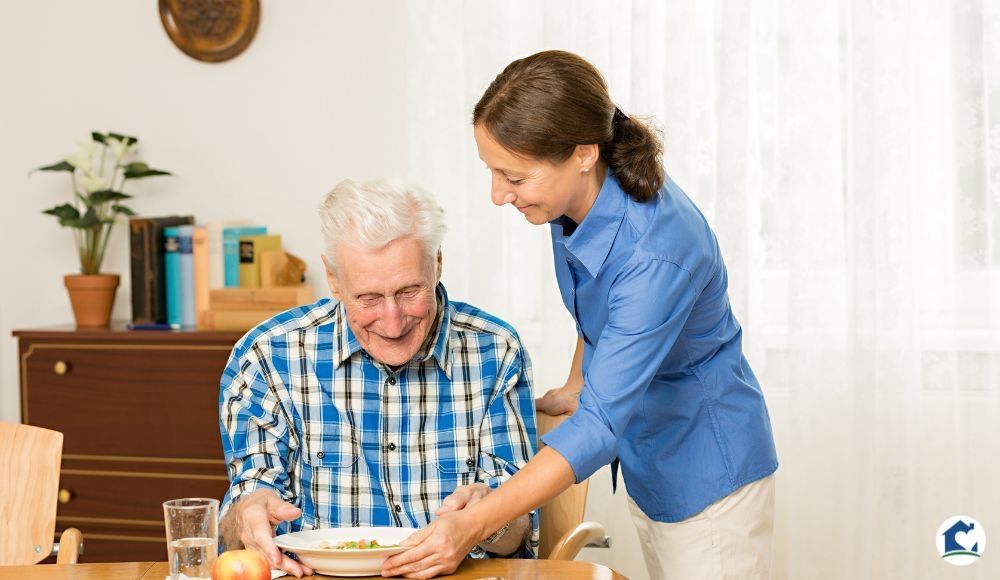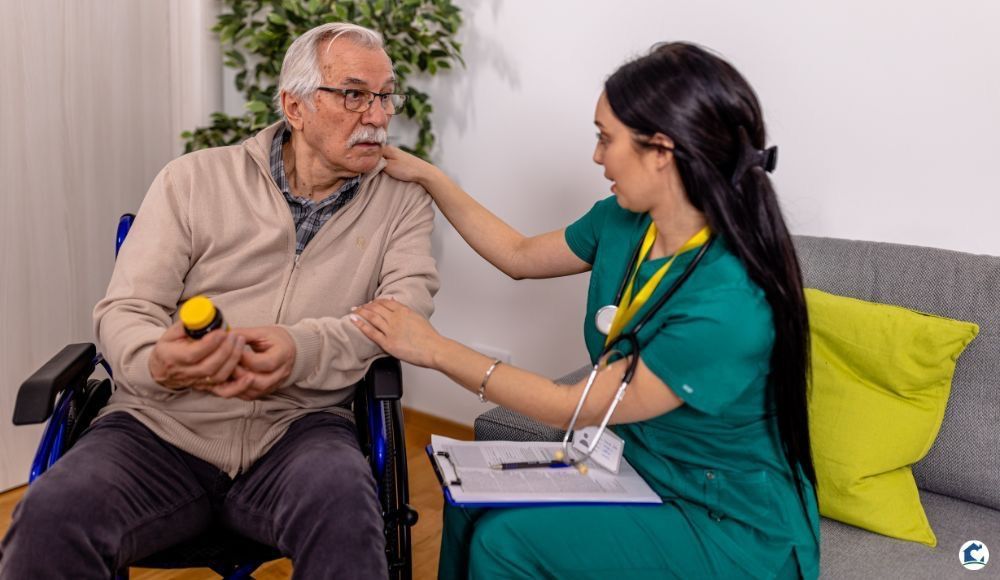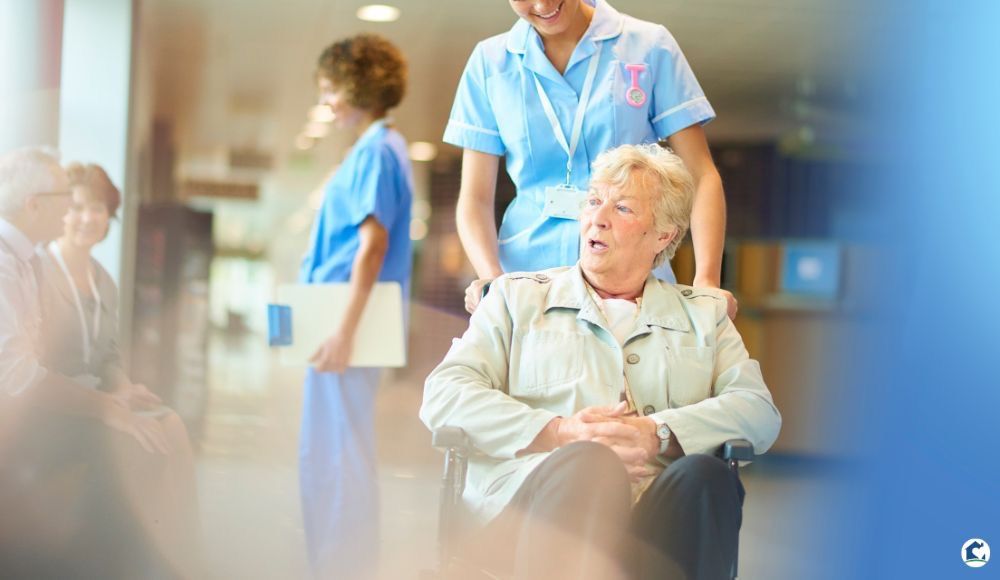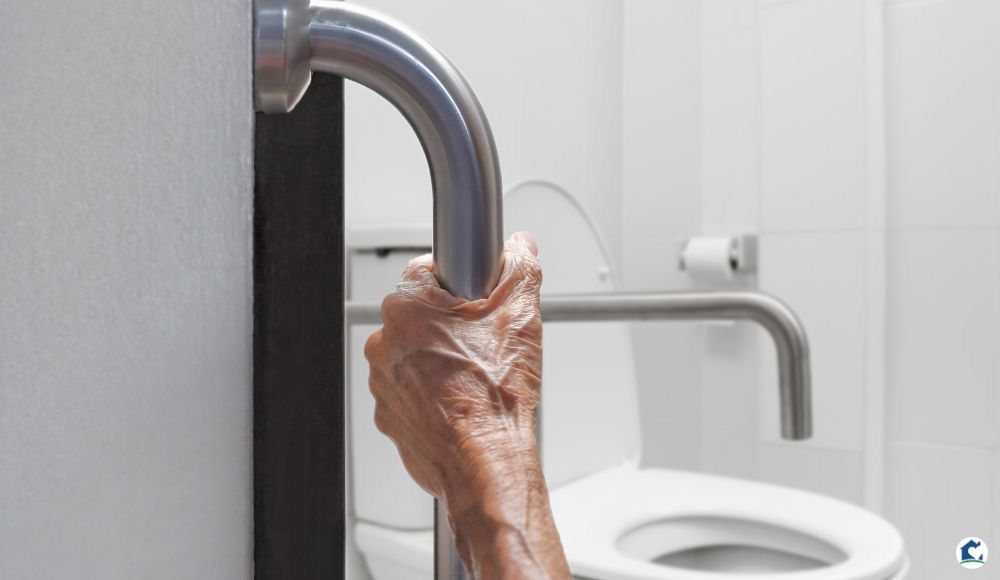The Role of Caregivers in Post-Hospital Recovery
Caregivers play a crucial role in the healing process when a loved one returns home from the hospital after undergoing surgery, an illness, or an injury. Their presence can make the difference between a successful transition and a failure. Caregivers provide patients with the home transition care they need to regain their strength and independence, from administering medication to offering emotional support.
Assisting with Daily Activities and Routines
Even basic activities of daily living can become challenging after hospitalization. Some individuals in recovery may experience temporary or permanent limitations in their energy, coordination, or mobility. Caregivers can assist them with activities such as dressing, bathing, cooking, and mobility. When they encourage these activities, caregivers free their patients from the burden of managing their everyday lives alone, allowing them to focus on their recovery.
To maintain stability and mental health, caregivers also help create or reestablish routines. A routine for eating, taking medication, sleeping, and engaging in mild exercise helps people feel more normal and aids in their physical and mental recovery.
Monitoring Progress to Ensure Recovery Milestones Are Met
Caregivers monitor the patient's condition and ensure that recovery is progressing as expected. Their responsibilities include observing for signs of infection, adverse reactions to medications, or changes in mobility or mental status. Because caregivers are often the first to notice subtle shifts in health, their observations can lead to early interventions that prevent complications or hospital readmissions.
They also help manage and document essential milestones, such as wound healing, increased mobility, or improved appetite. Keeping a record of these improvements (or setbacks) enables effective communication with healthcare providers during follow-up visits, ensuring a seamless process.
Encouraging Compliance with Follow-Up Appointments
With the help of ongoing medical care, the patient's recovery continues after discharge from the hospital. Since follow-up appointments monitor healing, adjust treatments, and catch potential complications early, caregivers can ensure that their patients keep appointments and adhere to prescribed therapies, such as physical rehabilitation or home nursing care.
Caregivers also help patients overcome common barriers to follow-up care, such as transportation issues, confusion about instructions, or fear of returning to a medical setting. Caregivers offer reassurance and logistical support to improve the likelihood that patients will remain engaged in their recovery plans.
Conclusion
Post-hospital recovery is a delicate and often complex phase that benefits significantly from the support of a dedicated caregiver. When they assist with daily needs, monitor health status, and encourage ongoing medical care, caregivers enhance the comfort and safety of their patients, thereby contributing directly to faster and more successful outcomes. Their role is not just helpful—it's essential.
We Can Help You Transition from Hospital to Home
Contact the professionals at Comforting Home Care to learn more about a successful transition from hospital to home and on to independence!












